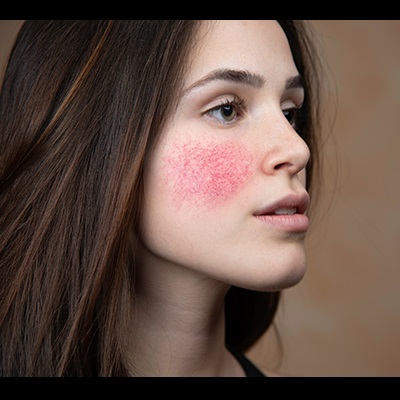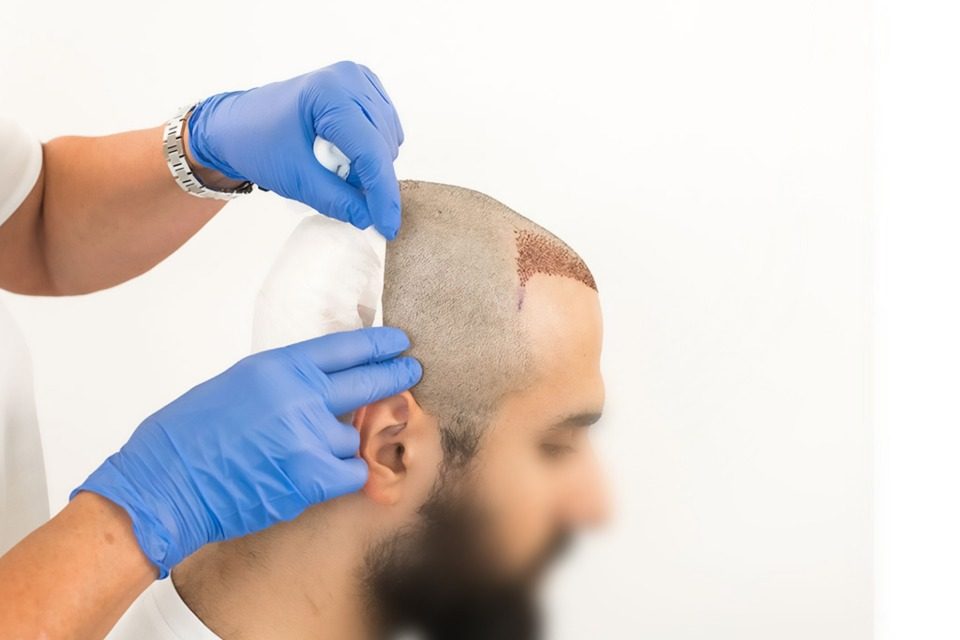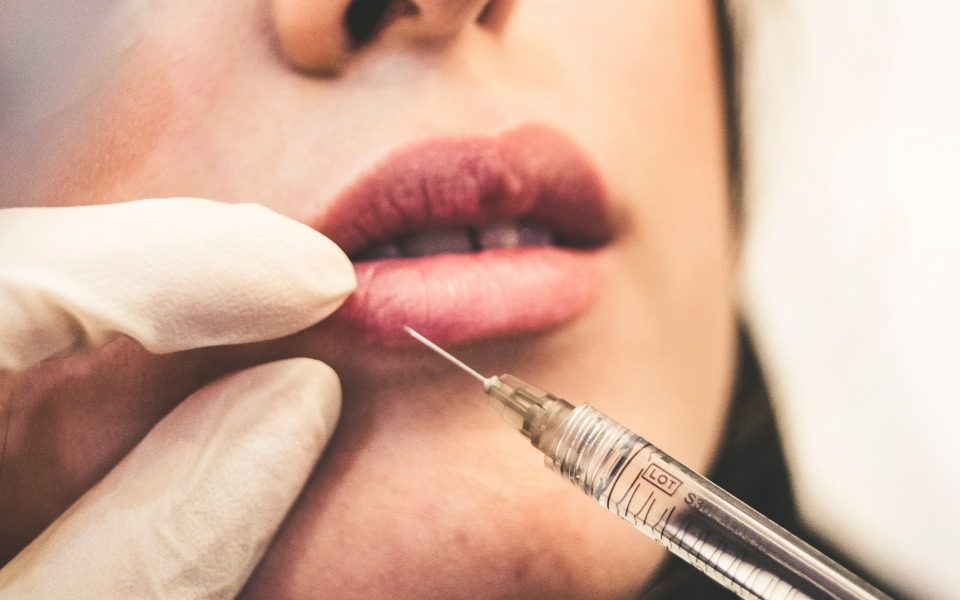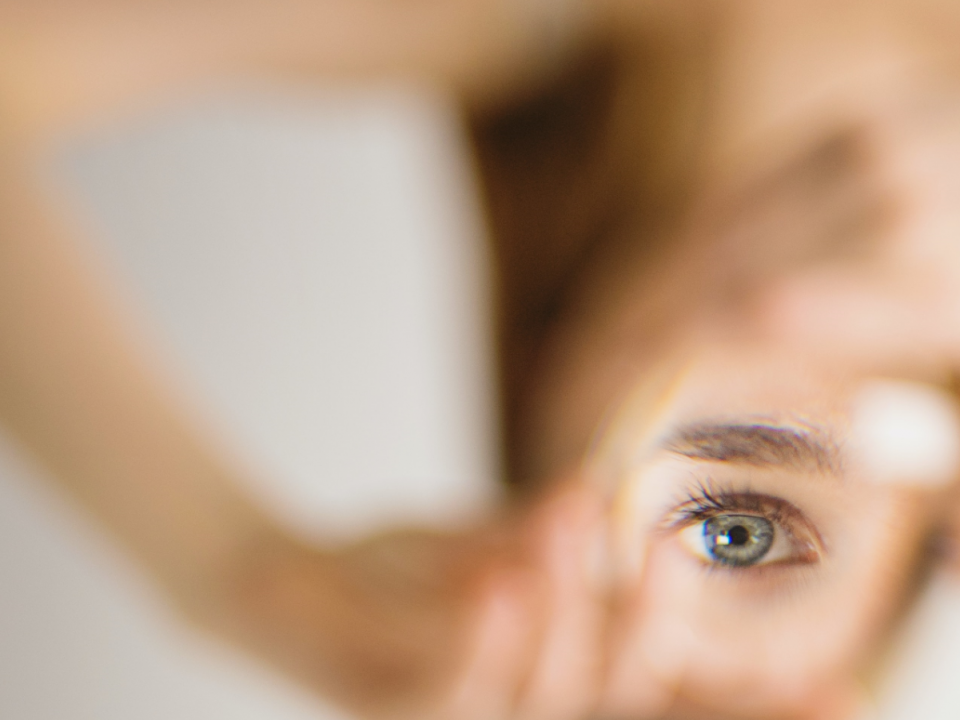 Introduction:
Introduction:
Rosacea, a chronic skin condition affecting millions worldwide, often goes undiagnosed or misinterpreted. In this comprehensive guide, we’ll explore the nuances of rosacea, its symptoms, triggers, and innovative treatments to help you embark on a journey towards clearer, healthier skin.
Understanding Rosacea:
What is Rosacea?
Rosacea is a skin disorder characterized by persistent redness, visible blood vessels, and sometimes, the development of bumps and pimples. It typically affects the face, and while the exact cause remains unclear, a combination of genetic and environmental factors is believed to contribute.
Causes of Rosacea:
While the precise cause of rosacea remains elusive, factors such as genetics, environmental triggers, and a microscopic mite called Demodex folliculorum are thought to play a role.
Identifying Rosacea Symptoms:
Persistent Redness:
One of the hallmark signs of rosacea is persistent redness, often resembling a sunburn. Understanding this symptom is crucial for early detection and effective management.
Visible Blood Vessels:
In more advanced cases, visible blood vessels may appear on the skin, contributing to the overall red and flushed appearance associated with rosacea.
Bumps and Pimples:
Rosacea can also lead to the development of small, red bumps and pus-filled pimples, commonly mistaken for acne.
Common Triggers for Rosacea Flare-ups:
Sun Exposure:
Excessive sun exposure is a known trigger for rosacea flare-ups. Protecting your skin from harmful UV rays is essential in managing this condition.
Spicy Foods and Alcohol:
Certain foods, especially spicy dishes, and alcoholic beverages can exacerbate rosacea symptoms. Understanding and avoiding these triggers are crucial for symptom management.
Emotional Stress:
Stress, whether emotional or physical, can trigger rosacea flare-ups. Finding effective stress management techniques is an integral part of rosacea treatment.
Importance of Early Detection and Diagnosis:
Early detection of rosacea is key to preventing its progression and managing symptoms effectively. If you suspect you may have rosacea, consult with a dermatologist for proper diagnosis and personalized treatment options.
Conventional Rosacea Treatments:
Topical Medications:
Topical medications, such as metronidazole or azelaic acid, are commonly prescribed to reduce inflammation and control redness associated with rosacea.
Oral Antibiotics: For more severe cases, oral antibiotics like doxycycline or minocycline may be recommended to address inflammation and control bacterial overgrowth on the skin.
Innovative Approaches to Rosacea Treatment:
Laser Therapy:
Laser therapy can effectively target visible blood vessels and reduce redness associated with rosacea, providing long-term relief for some individuals.
Light Therapy:
Intense pulsed light (IPL) therapy is another innovative approach, targeting blood vessels and reducing redness without damaging the skin’s surface.
Dietary Changes:
Exploring dietary modifications, such as avoiding spicy foods and alcohol, may complement conventional treatments and contribute to overall symptom management.
Lifestyle Modifications for Managing Rosacea:
Skincare Routine:
Adopting a gentle skincare routine is crucial for individuals with rosacea. Avoiding harsh cleansers and opting for fragrance-free, hypoallergenic products can help maintain skin health.
Sun Protection:
Regular use of sunscreen with a high SPF is essential to shield the skin from harmful UV rays, preventing flare-ups and protecting against long-term damage.
Stress Management:
Incorporating stress-reducing activities, such as meditation or yoga, can positively impact rosacea symptoms. A holistic approach to well-being is vital in managing this condition.
Natural Remedies for Rosacea:
Green Tea Extract:
Green tea extract, rich in antioxidants, has anti-inflammatory properties that may help soothe rosacea-prone skin when applied topically or consumed as a supplement.
Aloe Vera Gel:
Aloe vera gel’s calming properties make it a popular natural remedy for soothing inflamed skin. Applying a thin layer to affected areas can provide relief.
Chamomile:
Chamomile, whether in skincare products or as a tea, possesses anti-inflammatory properties that may help alleviate redness and irritation associated with rosacea.
The Role of Diet in Rosacea Management:
Certain dietary choices can impact rosacea symptoms. Individuals may find relief by avoiding trigger foods and incorporating anti-inflammatory options like omega-3 fatty acids into their diet.
Expert Tips for Living with Rosacea:
Mindful Makeup Practices: Choosing makeup products designed for sensitive skin and avoiding those with harsh chemicals can enhance the skin’s appearance without exacerbating rosacea symptoms.
Choosing Rosacea-Friendly Skincare Products:
Opting for skin care products labeled as suitable for sensitive skin and free from potential irritants can contribute to a healthier complexion for individuals with rosacea.
Real-life Stories: Coping with Rosacea:
Real-life stories from individuals successfully managing rosacea offer insight and encouragement to others facing similar challenges. Shared experiences foster a sense of community and provide valuable coping strategies.
Conclusion:
In the journey to manage rosacea, a combination of conventional treatments, lifestyle modifications, and natural remedies can significantly improve symptoms and enhance overall well-being. Early detection, personalized care, and a holistic approach contribute to a brighter, clearer future for individuals navigating life with rosacea.



